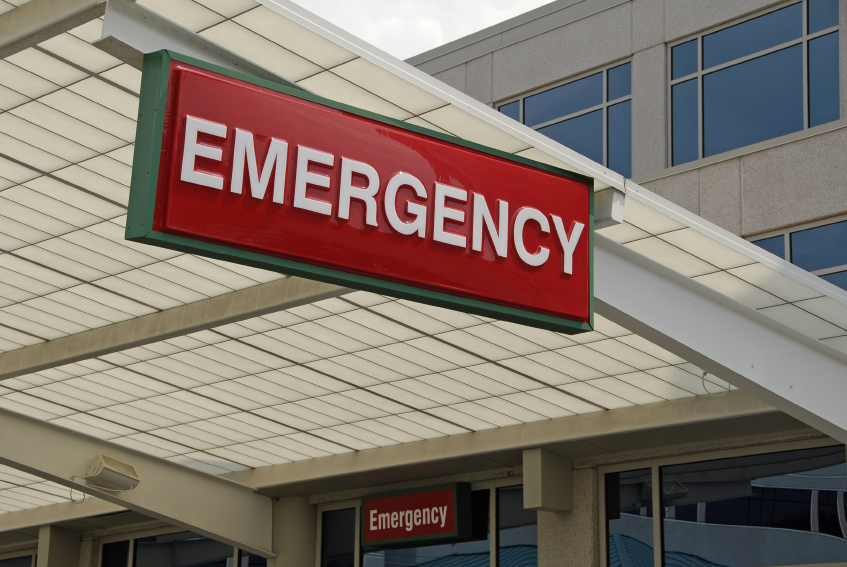What would you do if you’re having a stroke? It seems calling for help may not be as likely as you think. A little more than half of people suffering a stroke call 911 for help from EMS providers, according to a new study.
White women are the most likely to call for help; Hispanic men are the least likely to call, according to the results.
When to ask for help
Researchers studied more than 400,000 stroke patients admitted to more than 1,600 hospitals around the U.S. participating in the American Heart Association/American Stroke Association’s Get with the Guidelines-Stroke, a national quality initiative that aims to improve stroke treatment. Among the patients studied, half of stroke patients were women, 69 percent were white, 19 percent were black, 8 percent were Hispanic and 3 percent were Asian. Average age was 71, and most had the most type of stroke which is caused by a blocked blood vessel.
The findings showed:
- Women were overall more likely than men to use EMS in the event of a stroke, with 62 percent of white women being transported by EMS
- About 58 percent of black women and men used EMS
- About 57 percent of Asian women and white men used EMS
- About 55.5 percent of Hispanic women and Asian men used EMS
- The group least likely to use EMS was Hispanic men, at a little more than 52 percent
“These findings are critically important because a significant predictor of stroke-related disability is the time interval between symptom onset and medical treatment,” Heidi Mochari-Greenberger, Ph.D., M.P.H., lead author of the study and an associate research scientist at Columbia University Medical Center in New York, said in a press release from the American Heart Association. “The use of emergency medical service transport is associated with shorter hospital arrival times.”
The findings were published in August’s Journal of the American Heart Association.
Why does it matter?
Treatment time is limited in stroke. A blocked or ruptured artery cuts off blood flow to brain tissue, leading to disability that can be severe and permanent, including paralysis, muscle weakness and loss or impairment of the ability to speak or perform everyday tasks, and increased risk of death speeding up treatment can reduce the severity of the damage and improve a patient’s chances of survival.
To help speed up that treatment, experts recommend calling 911 at the first signs of stroke, which include facial numbness or paralysis, arm weakness or paralysis and sudden difficulty speaking.
Many people who suffer strokes don’t get fast treatment. Research shows black people are more likely to die from stroke than whites, and blacks and other minorities are more likely to suffer disability from stroke than non-Hispanic whites. It’s unclear why minorities suffer more damage from stroke, so Mochari-Greenberger and her colleagues wondered if the disparity death and disability might be linked to 911 utilization.
Researchers don’t know why some minorities are less likely to call 911 for help.
“This information highlights a need for healthcare providers to educate patients and their families about stroke warning signs and taking action to call 911,” Mochari-Greenberger said. “Calling 911 at the time of stroke onset not only may increase the likelihood of one’s own survival, but those who are educated may also be in a position to save a life if they observe stroke symptoms in someone else and call emergency medical services immediately.”


